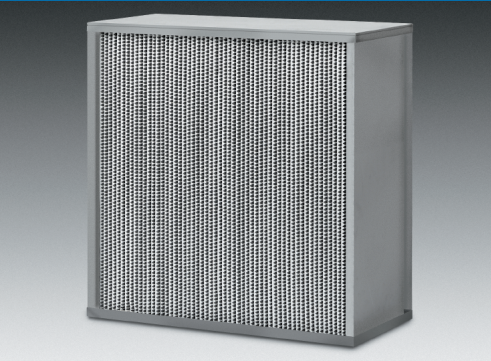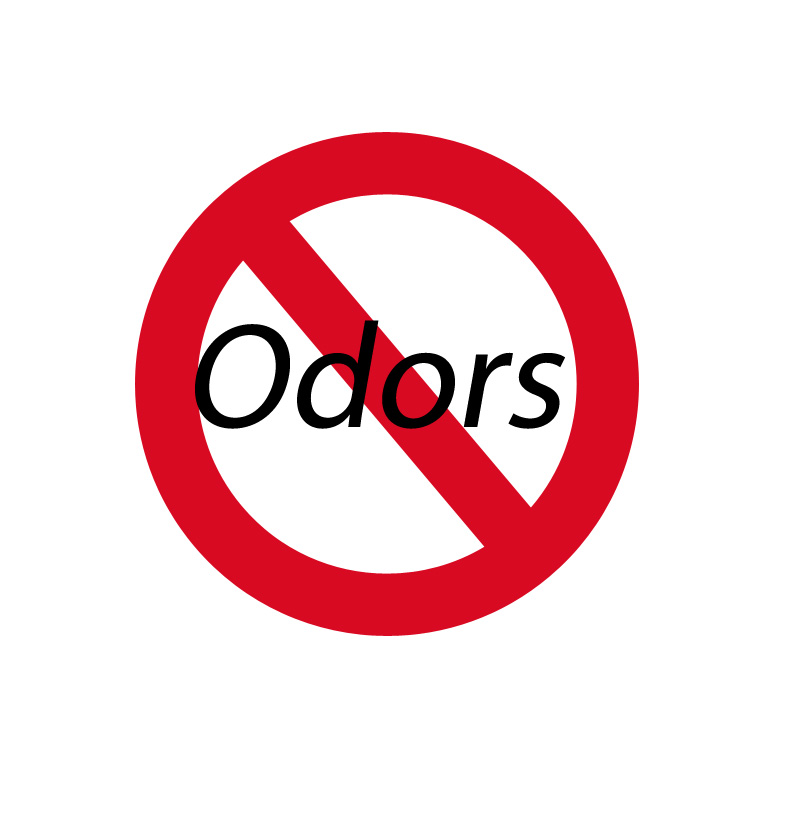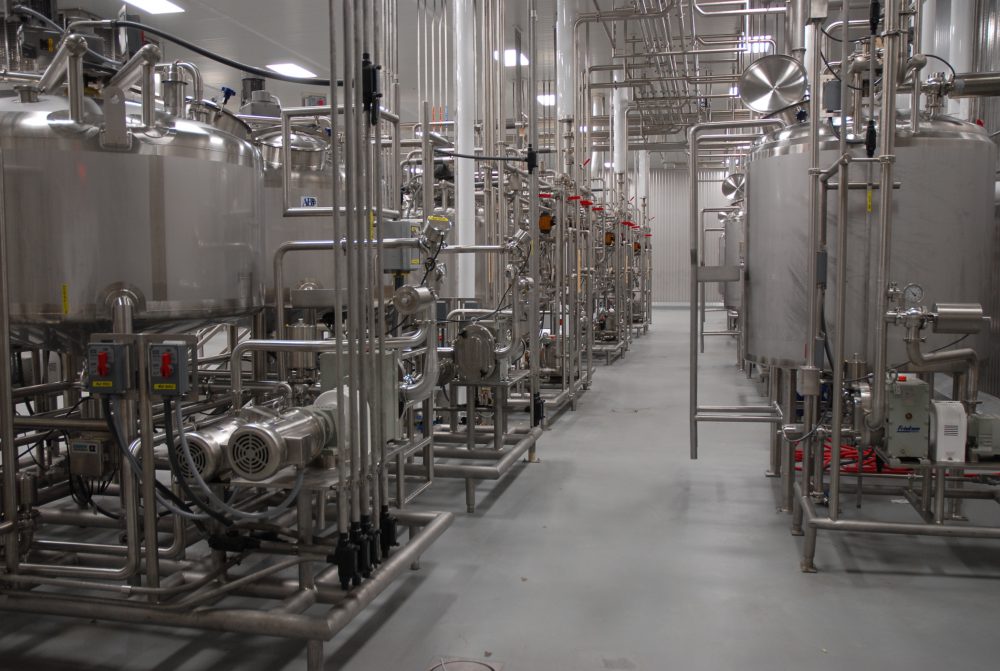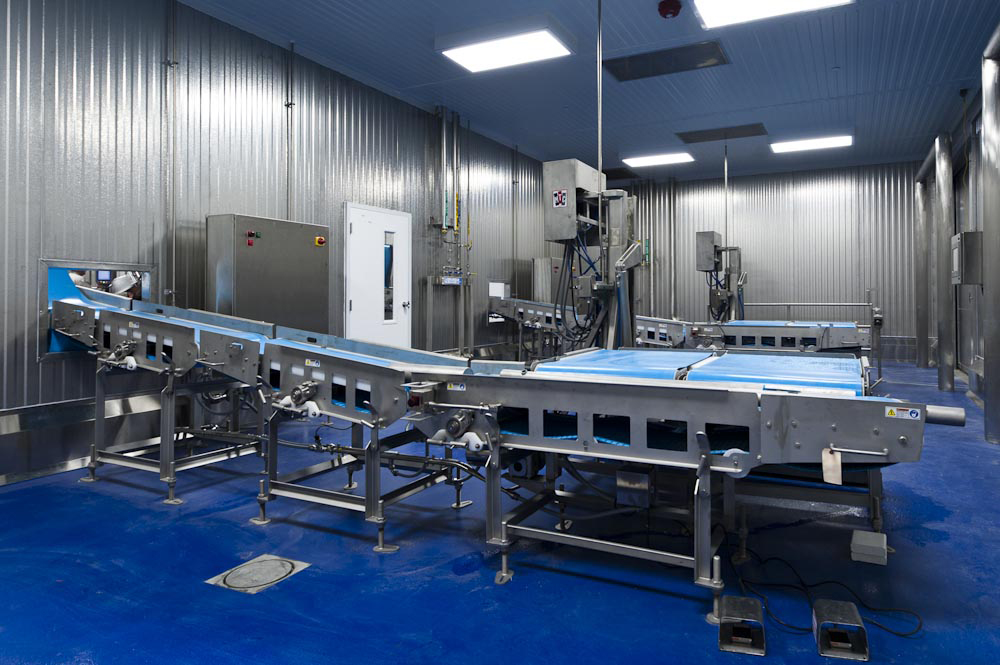5 Key Questions to Answer During Hygienic Food Plant Design
Food safety should always be a shared responsibility for your food processing plant. Whether you’re planning the hygienic design of a new or existing facility, schedule a collaborative planning session. Invite your engineering and construction professionals along with individuals from multiple departments to answer key questions that will drive the sanitary design of your plant.
Continue Reading “5 Key Questions to Answer During Hygienic Food Plant Design”









